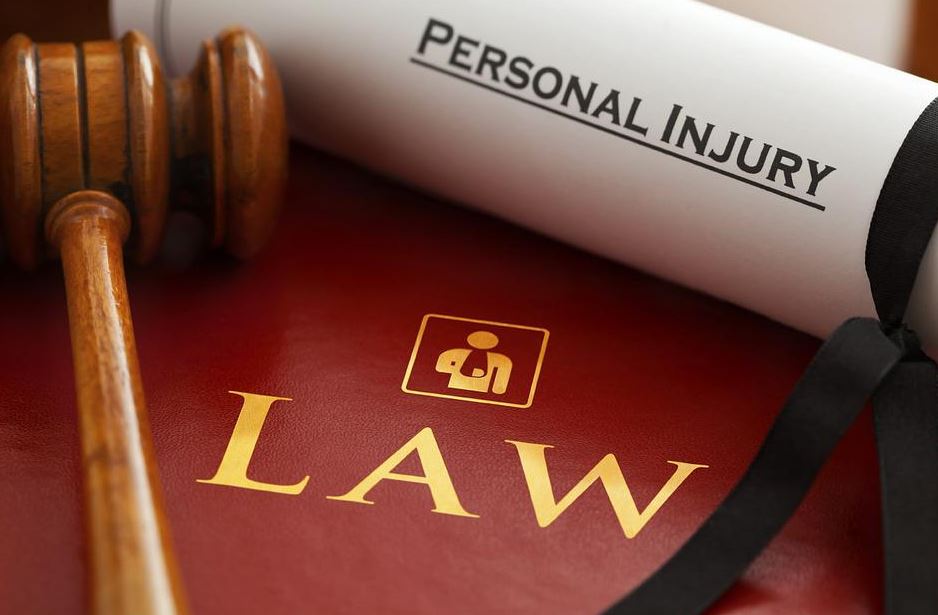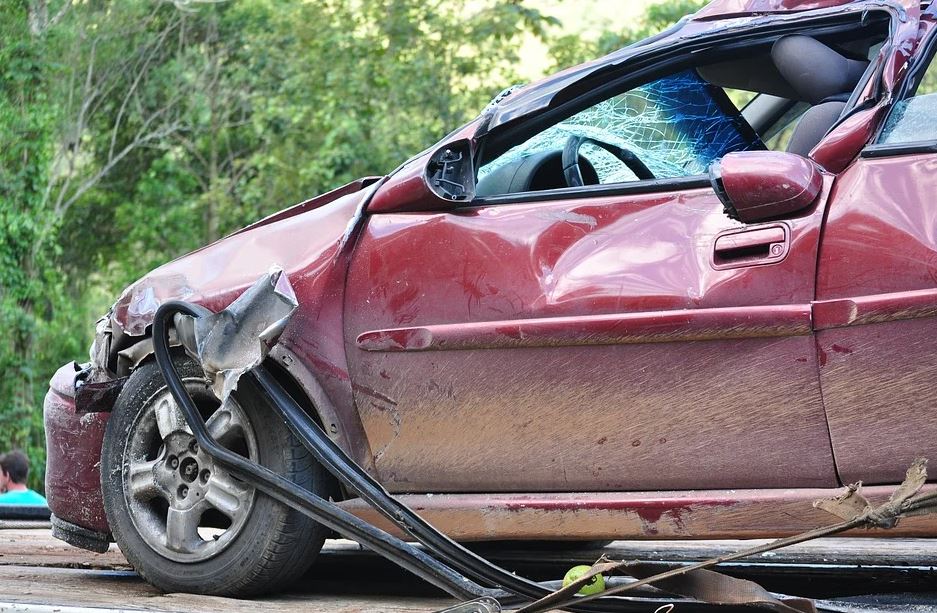If you’ve been injured in an accident, the last thing you want to worry about is how to pay for your medical expenses. Unfortunately, many people find themselves in this situation. Medical bills can quickly add up, and it can be difficult to know where to turn for help. If you were not at fault for the accident, you might be able to seek compensation from the responsible party through a personal injury claim. How do you handle this? There are many steps that lead to a successful personal injury claim, but the following tips will help you get started on the right foot. Let’s get started.
First, Seek Medical Attention
This should be your number one priority after an accident. Your health and well-being are more important than anything else. Even if your injuries seem minor, it’s important to see a doctor as soon as possible. Some injuries, such as whiplash, may not show symptoms for days or weeks. A medical professional can help you determine the extent of your injuries and create a treatment plan.
Besides this, seeking medical attention enables your doctor to document your injuries. As highlighted by the team behind Buckingham Barrera Vega Law Firm, the documentation is important because it will be used as evidence in your injury claim. This is especially important if you decide to take legal action against the at-fault party. The insurance company will want to see evidence of your injuries, and medical records are the best way to provide this evidence.
Gather Evidence to Support Your Claim
Once you’ve seen a doctor and have begun treatment, it’s time to gather evidence for your personal injury claim. This includes any documentation related to the accident, such as police reports and witness statements. It’s also important to take pictures of the accident scene and your injuries. These pictures can be used as visual evidence to support your claim.
You should also keep track of any expenses related to the accident, such as medical bills and lost wages. You will use this documentation to calculate the number of damages you are entitled to. It’s important to save all receipts and documentation related to these expenses.
Consult with a Personal Injury Attorney
If you’ve been injured in an accident, it’s important to consult with a personal injury attorney. An attorney can help you understand your legal rights and options, and they can assist you in filing a personal injury claim. Most personal injury attorneys work on a contingency fee basis, which means they don’t get paid unless you receive a settlement or award.
When hiring an attorney, it’s important to choose someone with experience in your type of case. For example, if you were injured in a car accident, you should find an attorney specializing in car accident cases. You can ask family and friends for recommendations or search online to find an attorney in your area. Ensure that your lawyer is experienced to avoid any complications.
Review Your Insurance Policies
If you’ve been injured in an accident, it’s important to review your insurance policies. It would be best to look at both your auto and health insurance policies to see what coverage is available. Your auto insurance policy will likely cover your medical expenses if you were injured in a car accident. If you have private health insurance, notify your insurer of the accident and send them all of your medical bills. They should cover your expenses, minus any deductibles or copayments.
It’s also important to review the other driver’s insurance policy. If they were at fault for the accident, you should notify their insurance company, and you may be able to seek compensation through their policy.
Send Your Expenses to An Insurance Company
If you’ve been injured in a car accident, the first thing you should do is notify your insurance company. Your auto insurance policy will likely cover your medical expenses up to your policy limits. The same goes for health insurance. If you have private health insurance, notify your insurer of the accident and send them all of your medical bills. They should cover your expenses, minus any deductibles or copayments.
If the other driver was at fault for the accident, you should also notify their insurance company. You may be able to seek compensation through the other driver’s liability insurance policy. The insurance adjuster will likely want to see evidence of your injuries and medical bills before approving a settlement.
If You Were Partially at Fault for the Accident
In some cases, both parties may be at fault for an accident. If you were partially at fault, you might still be able to seek compensation through the other driver’s insurance policy. However, your compensation may be reduced by your percentage of fault. For example, if you are found to be 20% at fault for an accident, the other driver’s insurance company may only be required to pay 80% of your damages.
It’s important to note that each state has its own rules for determining fault in an accident. Some states use a pure comparative negligence rule, while others follow a modified comparative negligence rule. Be sure to research the laws in your state, so you know what to expect.
Take Legal Action If Necessary
If you’ve been injured in an accident, you may be able to file a personal injury lawsuit against the at-fault party. This is usually only necessary if the other driver was uninsured or underinsured or your damages exceed the other driver’s insurance policy limits.
Filing a lawsuit can be a complicated and time-consuming process. You will need to gather evidence, including medical records and eyewitness testimony, to support your claim. It’s important to note that you will likely need to file your lawsuit within a certain time frame, known as the statute of limitations. If you wait too long to file, you may be barred from taking legal action.
Get the Settlement You Deserve

After being injured in an accident, you may be entitled to compensation for your medical expenses, lost wages, and pain and suffering. However, insurance companies are often reluctant to pay out on claims. They may try to lowball you or deny your claim altogether.
It’s important to have an experienced personal injury attorney on your side who can help you navigate the legal process and get the settlement you deserve. Ensure that you do not accept the first settlement offer from the insurance company. Instead, have your attorney review the offer and negotiate for a higher amount.
If you’ve been injured in an accident, you have a few options for seeking compensation. You can notify your insurance company and file a claim or take legal action against the at-fault party. In some cases, you may be able to do both. It’s important to have an experienced attorney on your side who can help you get the settlement you deserve. Don’t accept the first offer from the insurance company – negotiate for a better deal. With these, you will be able to cover your medical expenses and other damages.

